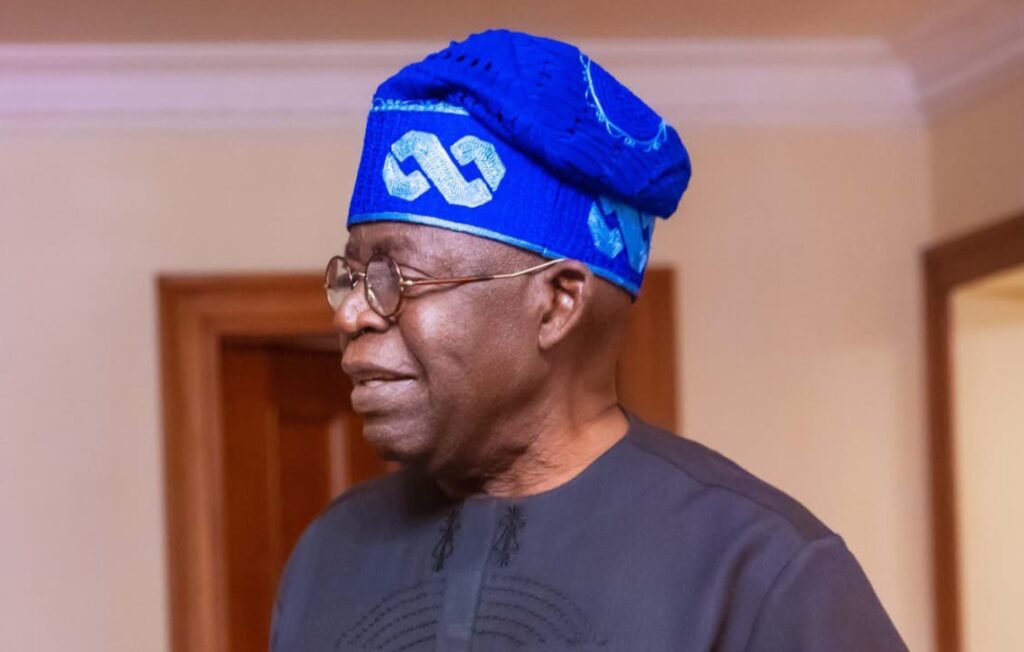
Chidimma Uchegbu – Abuja
The Nigerian Government, through the Federal Ministry of Education, has announced a 50 per cent increase in scholarship grants to Nigerian students across all tertiary levels.
The Minister of Education, Olatunji Alausa, who announced this in a statement said the development was aimed at easing the financial burden on students and families, while enhancing access to quality education for all.
He said the decision was in line with the government’s unwavering commitment to building a more inclusive and knowledge-driven nation.
“This initiative is a key pillar of President Bola Ahmed Tinubu’s Renewed Hope Agenda, which places education at the heart of Nigeria’s transformation into a $1 trillion economy.
“To tackle the rising costs of education and to ensure that no deserving student is left behind, scholarship amounts have been increased by 50 per cent across the board. PhD students will now receive ₦750,000 annually (up from ₦500,000), Master’s students ₦600,000 (from ₦400,000), and undergraduate, HND, and NCE students ₦450,000 (up from ₦300,000),” he said.
Alausa said the revised programme emphasised merit, equity, and relevance to national development priorities—particularly in Science, Technology, Engineering, Mathematics, Medical Sciences (STEMM), and vocational education.
“These enhanced awards apply to all major programmes, including the Nigerian Scholarship Award,” he said
He said the ministry has also restructured the Bilateral Education Agreement (BEA) scholarship scheme, stressing that while existing beneficiaries will continue to receive their entitlements, funds previously earmarked for new international awards have been repurposed to introduce two new strategic scholarship categories under the national programme.
“The first targets students in public polytechnics pursuing STEM and vocational training, with ₦1 billion allocated to this group.
“The second is tailored for students studying Medicine, Dentistry, Nursing, Pharmacy, and Physiotherapy in public universities, also supported with ₦1 billion. These new categories reflect our commitment to investing in high-impact sectors critical to national development.”
He stated that the government had introduced a revised allocation framework to ensure fairness and impact, explaining that under the new structure, 50 per cent of scholarships will go to undergraduate students, 25 per cent to Master’s students, and 25 per cent to PhD candidates.
“70 per cent of awards will support students in STEMM disciplines, while 30 per cent will support the Social Sciences. In a deliberate move to foster inclusion, five per cent of all scholarships will be reserved for students with disabilities,” he said.
The minister disclosed that over 15,000 students were expected to benefit from the Nigerian Scholarship Award, Education Bursary Award, and the restructured BEA scheme.
He said the implementation would be coordinated by the Federal Scholarship Board in partnership with an Inter-Ministerial Committee chaired by the Permanent Secretary of the Ministry.
“This committee includes representatives from the National Assembly, Federal Character Commission, Ministry of Women Affairs, and other key institutions to ensure transparency and accountability. With a total budget of ₦6 billion allocated for the 2025–2026 cycle, this reform is more than a policy—it is a bold national investment in ouryouth, our future, and our collective prosperity.
“We are not just funding education—we are building the human capital foundation for Nigeria’s long-term success. I remain fully committed to ensuring this renewed scholarship programme delivers on its promise, and I call on all stakeholders—students, parents, institutions, and the broader public—to work with us in realising the full potential of this transformative initiative,” he added

Join the Conversation